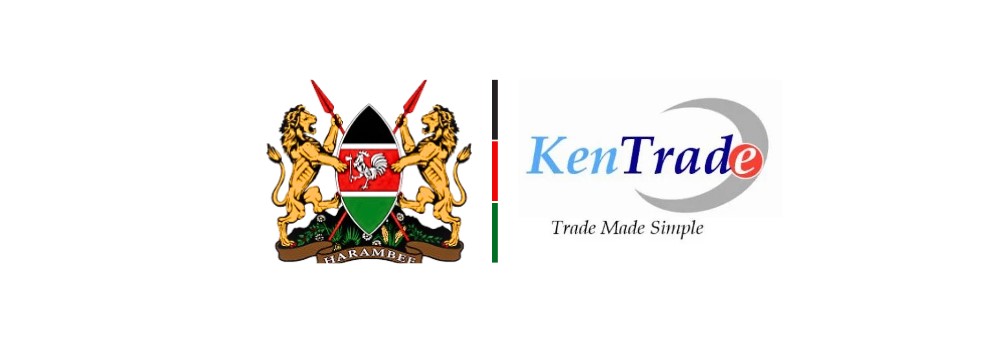- February 10, 2020
- Posted by: Ann Odero
- Category:

By Evelyne Wamae
Single Window Systems are platforms that allow for the submission of information required to fulfill regulatory requirements between importers and exporters and the government authorities. This information is submitted only once through a single entry point. The East Africa Community (EAC) regional electronic Single Window (e-SW) is a platform or environment where national e-SWs of member countries shall operate to facilitate cross-border and international trade. According to the World Trade Organization, a regional single window refers to an exchange of data between National Single window systems that provide functionalities related to regional regulatory procedures. This data exchange, allows for expedited cargo clearance.
Within the East Africa Region, several countries have implemented the National Electronic Single Window Systems in their respective nations including Kenya, Rwanda, and Uganda with the rest being at different stages of implementation. With this model, members states are expected to exchange data among themselves through the regional platform.
The objectives of EAC regional e-SW are to among other things, Simplify, harmonize and standardize trade processes, procedures and related information flows to reduce transaction costs, to expedite cargo clearance to and from the region, to enhance collaboration between Member States Government regulatory agencies and the private sector and to enhance the use of global standards, practices and processes within the region with regard to trade among the players both public and private.
It is envisioned that once the regional e-SW is fully operational, it will among other things allow for a paperless submission of cross border documents, allow the exchange of data across the member states which will enable importers and exporters to track goods along the supply chain within the region, it will also enable cross border exchange of all clearance data that will improve predictability, it will bring about operational transparency and compliance with member states laws, regulations and guidelines which will make it easy to transact business across borders. In the next issue the status of implementation by each member country will be highlighted.
The writer is the Acting Manager, Marketing and Communications, KenTrade
